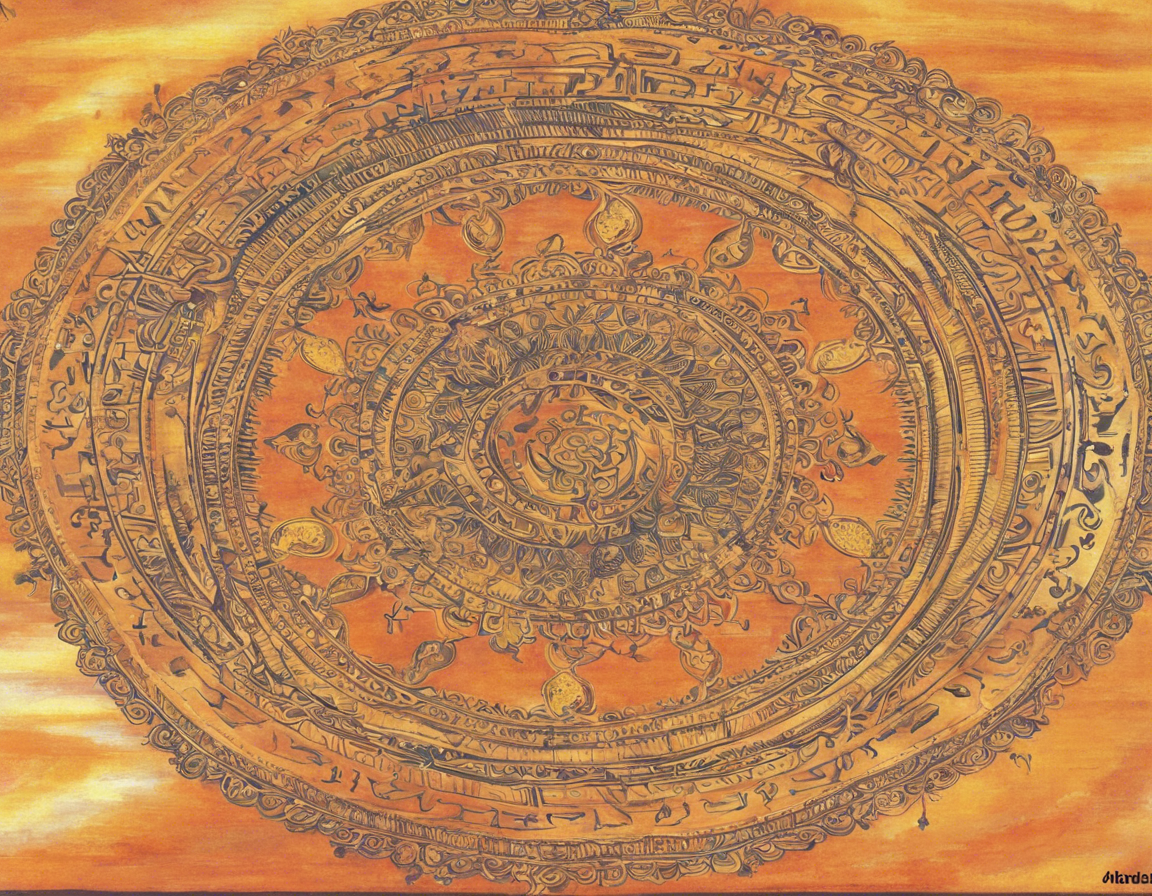Bhimrao Ramji Ambedkar, popularly known as Dr. B. R. Ambedkar, was an eminent Indian jurist, economist, politician, and social reformer who dedicated his life to fighting against social discrimination based on caste and promoting social equality. He played a pivotal role in drafting the constitution of India and is widely regarded as the chief architect of the Indian constitution.
Born on April 14, 1891, in the town of Mhow in Madhya Pradesh, Ambedkar belonged to the Dalit community, which was considered untouchable in the Indian caste hierarchy. Despite facing extreme social ostracism and discrimination, he pursued his education with determination and went on to become one of the most educated Indians of his time.
Ambedkar earned multiple degrees in economics and law from prestigious institutions in India and abroad. He was the first Indian to pursue a doctorate in economics abroad and wrote a thesis on the ancient Indian economy. His scholarship and deep understanding of socio-economic issues earned him widespread recognition and respect.
Political Activism and Social Reforms:
Throughout his life, Ambedkar fought tirelessly for the rights of the oppressed and marginalized sections of society. He was a vocal critic of the caste system and untouchability, advocating for their abolition and the establishment of equality and justice for all. Ambedkar firmly believed in the principles of liberty, equality, and fraternity as enshrined in the Indian constitution.
Ambedkar’s relentless struggle for social justice led to the Mahad Satyagraha in 1927, where he led a campaign to secure the right of untouchables to access public water tanks in Mahad, Maharashtra. He also spearheaded the Temple Entry Movement, which aimed to secure the right of untouchables to enter Hindu temples.
Contribution to Indian Constitution:
One of Ambedkar’s most significant contributions was in the drafting of the Indian constitution. As the Chairman of the Drafting Committee, he played a crucial role in shaping the laws and principles that govern the world’s largest democracy. Ambedkar’s vision for a progressive and inclusive society is reflected in the constitution, which guarantees fundamental rights to all citizens and prohibits discrimination based on caste, creed, or gender.
Achievements and Recognition:
Ambedkar’s legacy continues to inspire millions of people across the world. In India, his birthday on April 14 is celebrated as Ambedkar Jayanti and is a national holiday. He was posthumously awarded the Bharat Ratna, India’s highest civilian award, in 1990 for his exemplary contribution to nation-building and social reform.
In addition to his political and social contributions, Ambedkar was a prolific writer and thinker. His works, including “Annihilation of Caste” and “The Buddha and his Dhamma,” continue to be studied and revered for their profound insights into the issues of caste, religion, and social justice.
Legacy and Impact:
Dr. B. R. Ambedkar’s teachings and philosophy have had a lasting impact on Indian society. His emphasis on education, self-reliance, and empowerment continues to guide the socio-political movements in the country. The principles of equality and social justice that he espoused remain relevant in the contemporary discourse on human rights and social welfare.
Ambedkar’s vision of a just and egalitarian society continues to inspire generations of activists, scholars, and policymakers to strive towards building a more inclusive and equitable world. His commitment to the cause of social justice and his unwavering dedication to the upliftment of the downtrodden have secured him a revered place in the annals of Indian history.
In conclusion, Dr. B. R. Ambedkar’s life and work exemplify the power of resilience, determination, and moral courage in the face of adversity. His tireless efforts to eradicate social inequality and his instrumental role in shaping the Indian constitution make him a towering figure in the pantheon of social reformers and statesmen. The legacy of Dr. Ambedkar serves as a beacon of hope and inspiration for all those who strive towards a more just and humane society.
Frequently Asked Questions (FAQs):
1. What was Dr. B. R. Ambedkar’s role in the Indian independence movement?
Dr. B. R. Ambedkar was actively involved in the Indian independence movement and was a staunch advocate of social and political reforms. He fought for the rights of the marginalized sections of society and worked towards creating a more inclusive and equitable society.
2. What is the significance of Ambedkar’s book “Annihilation of Caste”?
“Annihilation of Caste” is a seminal work by Dr. B. R. Ambedkar in which he critiques the caste system in India and calls for its complete eradication. The book remains a powerful manifesto for social reform and has inspired generations of activists and thinkers.
3. How did Dr. B. R. Ambedkar contribute to the upliftment of Dalits in India?
Dr. B. R. Ambedkar dedicated his life to the upliftment of Dalits and other marginalized communities in India. He fought for their rights, campaigned against social discrimination, and worked towards creating a more just and equal society.
4. What was Dr. B. R. Ambedkar’s vision for the future of India?
Dr. B. R. Ambedkar envisioned a future for India based on the principles of equality, justice, and fraternity. He believed in the power of education and empowerment to transform society and create a more inclusive and progressive nation.
5. How is Dr. B. R. Ambedkar remembered in India today?
Dr. B. R. Ambedkar is revered as a champion of social justice and equality in India. His contributions to the Indian constitution, his advocacy for the rights of the oppressed, and his intellectual legacy continue to inspire millions of people across the country.
6. What are some of the key principles of Dr. B. R. Ambedkar’s philosophy?
Some of the key principles of Dr. B. R. Ambedkar’s philosophy include social equality, individual liberty, education for all, and the abolition of caste-based discrimination. He believed in the power of constitutional morality and the rule of law in building a just society.

